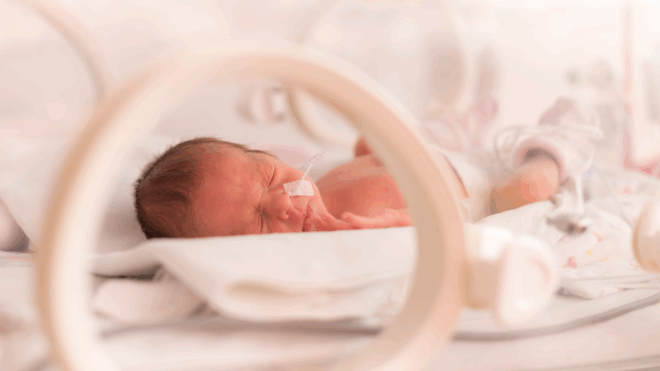Babies poop. A lot. Blackish-tar, yellow, seedy, green, brown, chunky, gooey … okay, I'm starting to actually gross myself out a little. Moms talk poop — a lot. And often, it's no big deal. But what always surprises me in these frequent poop discussions is how much misinformation runs rampant — from what should be considered "normal poop" and what shouldn't.
So, Mom, with all your talking, do you really know your shit? (I had to, allow me that obscenity!) Let's talk about poop.
Grossed out yet? Did you know poop's colors were so important to knowing what's going on inside?
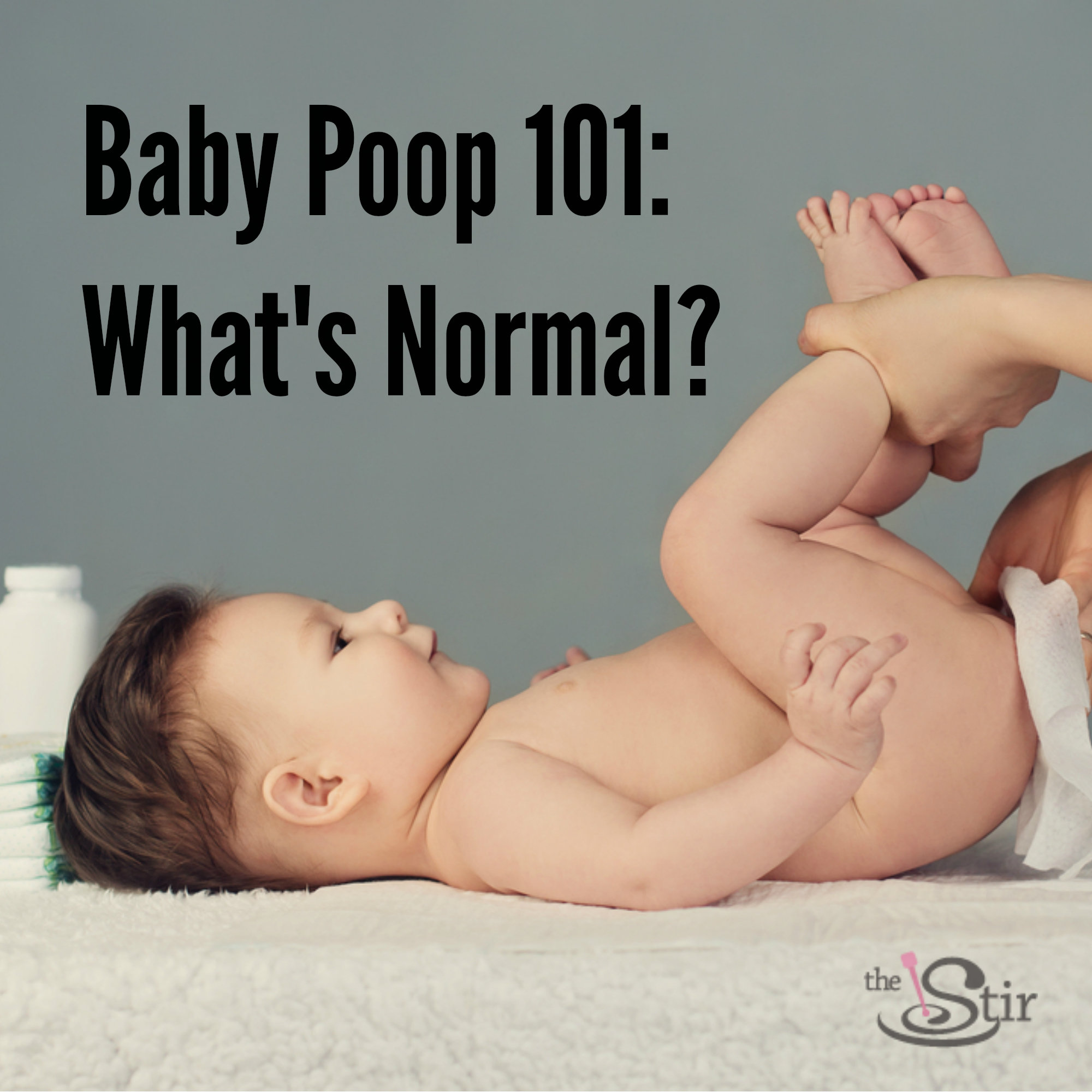
Image ©iStock.com/FamVeld
Newborn Poop
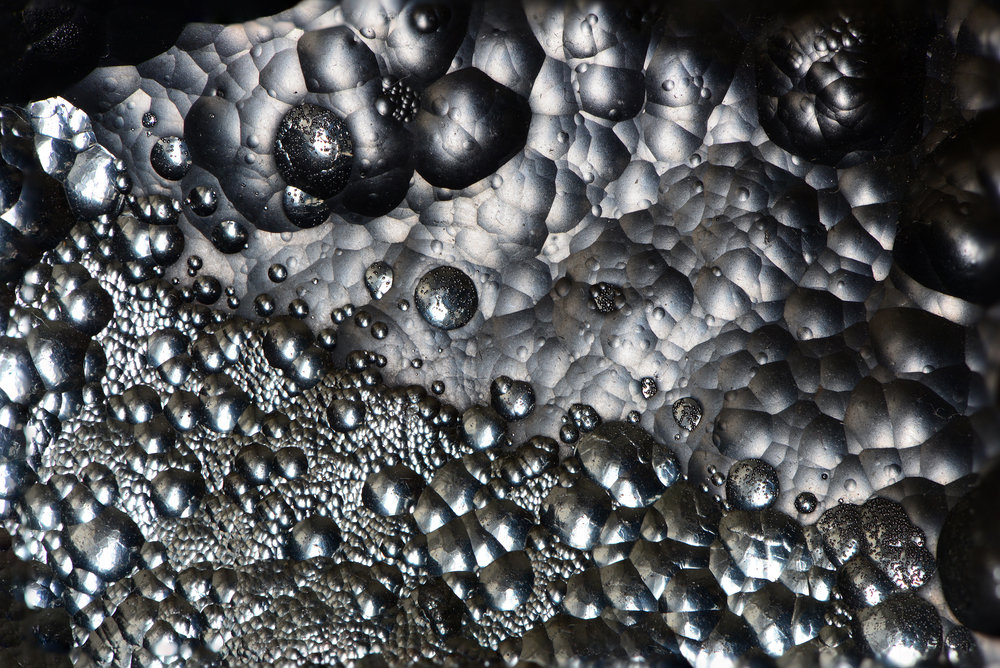
Newborns have meconium poop. It's blackish-green, tarry, and can actually be a little sticky and hard to clean. It looks the same no matter what your baby is eating, but because colostrum can be a natural laxative to help clear out the stuff the baby no longer needs, formula-fed babies may take longer to clear this out of their system. It may go through a period of being a forest/army green as it transitions from this stuff to the breastfed or formula-fed poo.
Potential problems: If they haven't pooped or cleared out the meconium in a few days, talk to the doc. And, make sure you're counting pee diapers (nudity or cloth helps with accuracy in this since disposables can hide a single pee) to make sure baby's eating enough.
Breastfed Poop
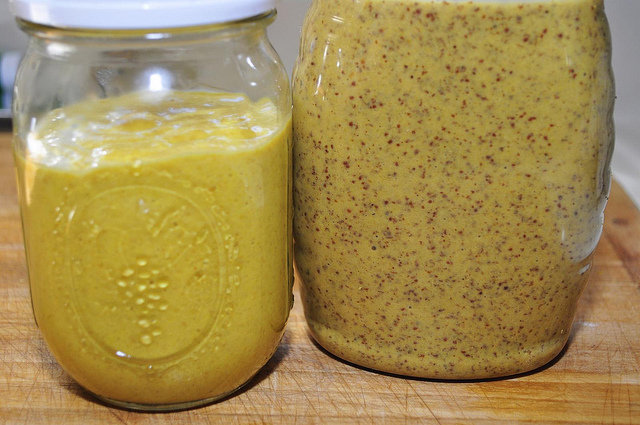
Breastfed poop usually is yellowish-orange or chartreuse and is pretty runny. It can have little pieces that look like seeds or cottage cheese. Sometimes it can shift through greens, browns, and even blacks temporarily, but as long as there's nothing else weird, it's generally okay. Newborns often poop after (and sometimes also before) each meal, but it's okay if they don't. Fortunately, it usually smells almost sweet. But beware because it can stain like crazy!
Potential problems: A green frothy poo could mean you're not nursing long enough, either entirely or on one side. You generally don't need to use both breasts per feeding — definitely don't switch sides just "because." If your nipples are cracked/bleeding and you see little black flecks or "sesame seeds," this can be your own dried blood. Whee.
Formula Poop
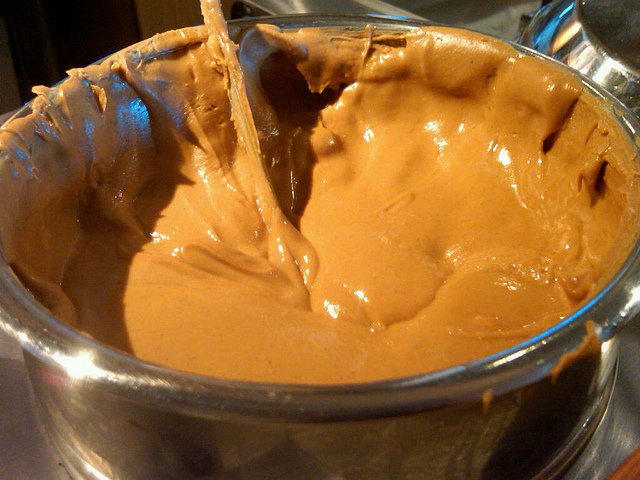
Formula poop is usually more like peanut butter in texture; it's typically yellowish tan, but can even be brownish or green. Green or greenish-black poop is usually from undigested iron which often can attribute a stronger smell, too, but isn't generally a worry.
Potential problems: Lots of green or greenish-black without an iron fortified formula means a trip to the doctor! Lots of iron scientifically shouldn't constipate babies, but many moms swear it does.
Poop Frequency
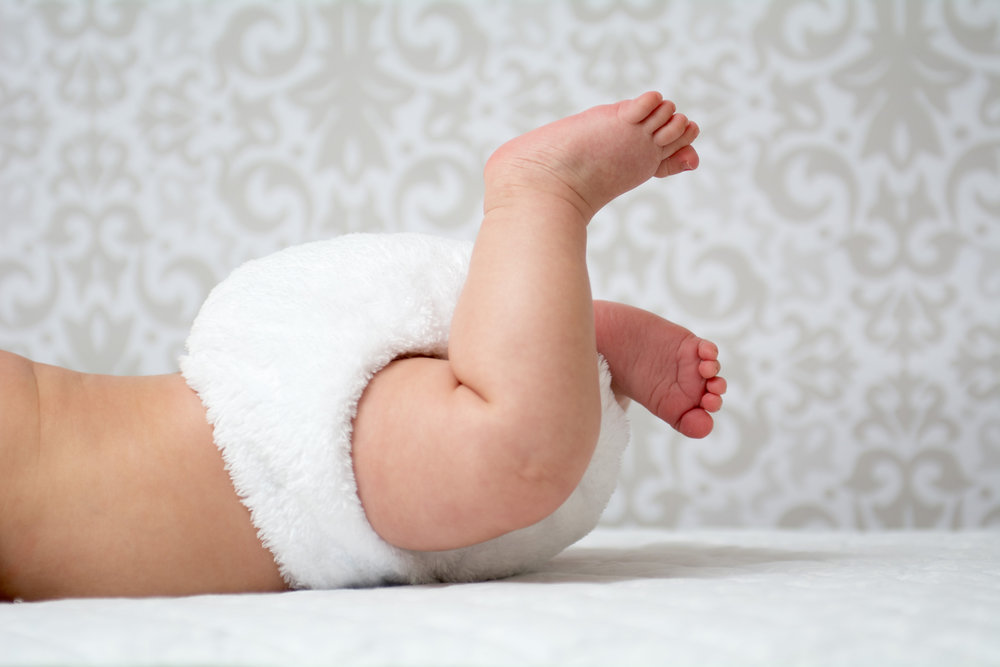
Note that babies fed either breastmilk or formula can go hours or even a week between poops — it's not the frequency that dictates a problem. Babies can regularly go three to five days without pooping, but every day is often ideal. Of course, that doesn't mean you should interfere!
General issues to watch for include:
Issues: Hard Pellets
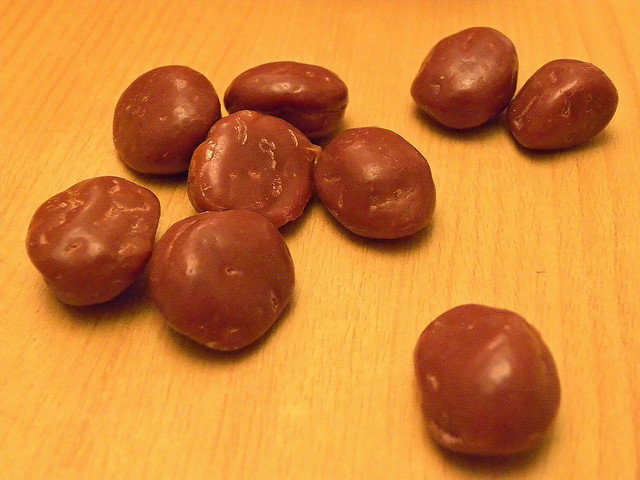
Hard pellets, especially if baby turns red or cries, is typically constipation. If there's red on the outside of the poop, that means the poor butt's bleeding from the strain. Blood mixed in means problems earlier on in the digestion cycle. DO NOT give juice or other remedies without a doctor's guidance, and never give Karo syrup, which poses the same small but deadly risk as honey.
Issues: Frothy Green
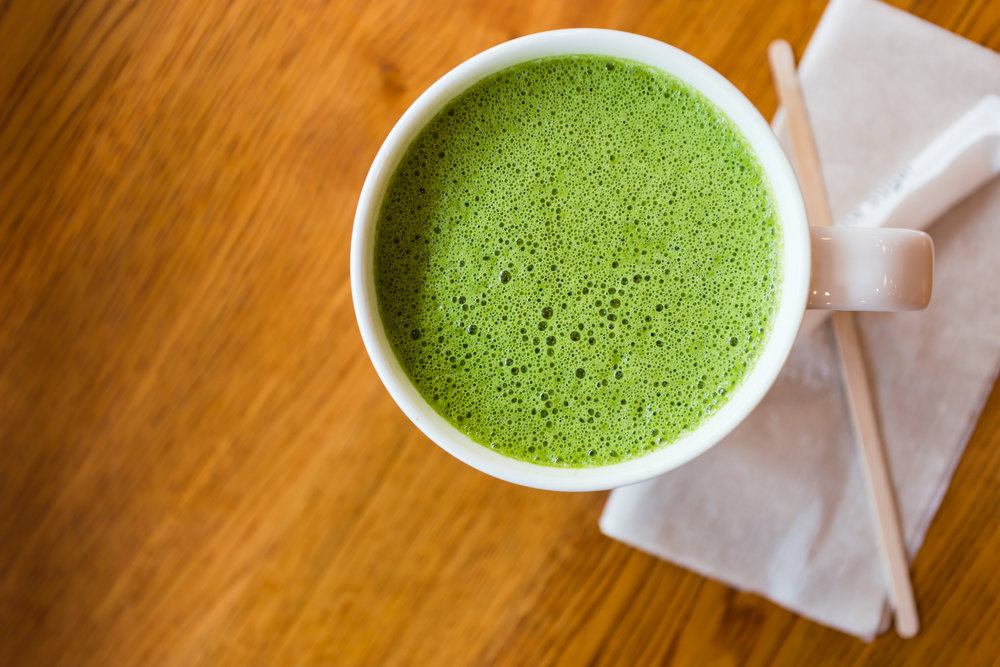
Frothy green can be too much foremilk (easily solved by nursing longer on one side and more frequently, in most cases, or letting the initial letdown leak into a cup or rag first), but can also be a tummy bug. If it keeps up, talk to a lactation consultant if breastfeeding or a pediatrician if not. If it's mucousy, that generally points toward an allergy.
Issues: Diarrhea
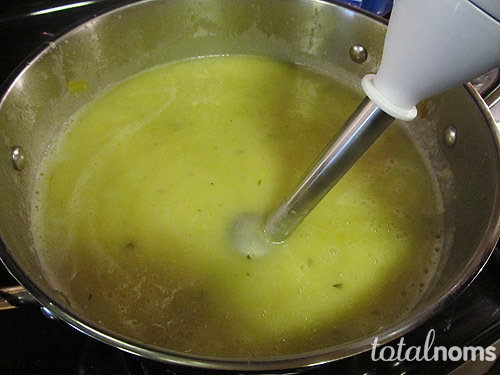
Diarrhea is super liquidy poop, caused usually by one of four things: a quick phase (seriously); food allergy; food intolerance or sensitivity; or intestinal infection (includes viruses). As long as baby is drinking still, diarrhea usually passes fine, but of course, always talk to a doc if you're even slightly worried.



